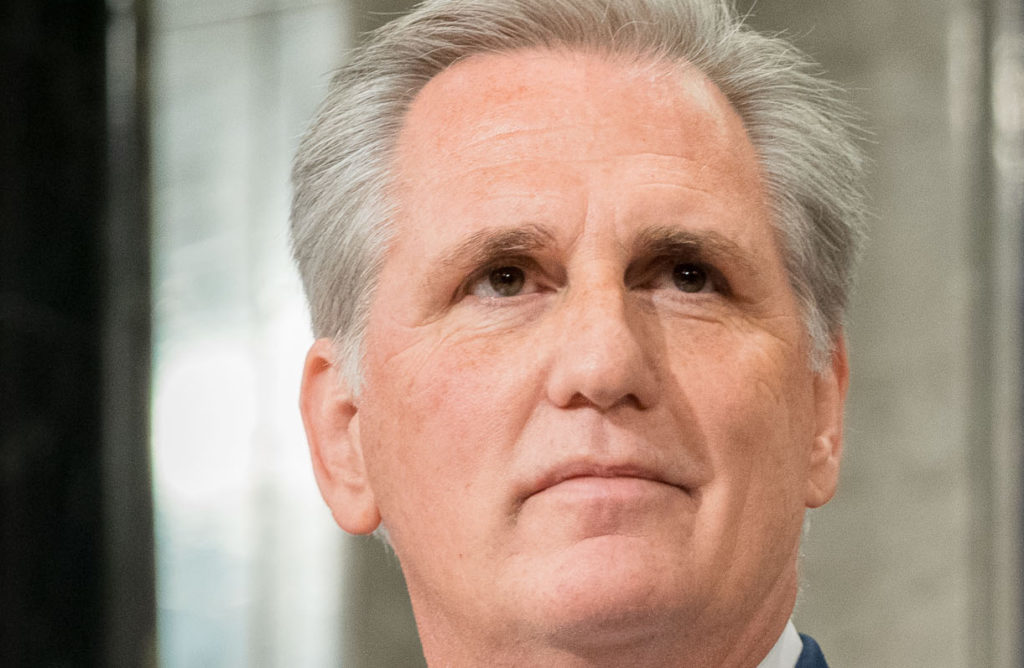Discharging Kevin McCarthy

Many of you know former Republican Speaker of the House Joseph G. Cannon without even knowing why. At the twilight of his political career, Cannon’s grizzled face was the first to adorn the inaugural issue of TIME Magazine, March 3rd, 1923. A powerful figure of his era, he’s otherwise relatively obscure today, but he is known historically for one other reason as well. In 1910 he was the first Speaker of the US House of Representatives to be thwarted by a little known American parliamentary procedure known as the discharge petition.
Usually there are two ways to bring a bill before the House of Representatives for a vote. The first is for the bill to be recommended by a committee. The second is for the bill to be brought to the floor by the Speaker. A discharge petition, on the other hand, is a rarely used means of getting around all that by bringing a bill out of committee, past the Speaker of the House and on to the floor for consideration. All that is required is a simple majority of 218 members.
Ladies and gentlemen, meet the new Speaker of the House — and it’s not Kevin McCarthy and it’s not Marjorie Taylor Greene. The new Speaker is the Discharge Petition. That’s right, Kevin McCarthy, the weakest Speaker of the House in recent memory, isn’t needed any more. The people of the United States and their best interests are once again going to be served. The discharge petition has got this, and it will remove much of what’s left of the impotent new Speaker’s power.
The discharge petition procedure was originally crafted to allow a majority of the House to force action on a bill that the Speaker or key committees aren’t holding a House floor vote on. For example, if McCarthy won’t allow a vote on a “clean” debt ceiling increase bill, 218 members of the House can sign a discharge petition forcing such a vote — and, since that’s a majority, that bill would undoubtedly pass.
What’s more, next month Virginia’s 4th congressional district will hold a special election for its vacant Democratic seat. It’s in a distinctly blue territory, so it’s going to almost certainly be filled by a Democrat. Which means after that election, only five Republicans would have to join 213 Democrats to make a discharge petition succeed. Those five will probably be very easy to find.
Kevin McCarthy may be the de jure Speaker, but the discharge petition, deftly wielded in the hands of Democrats in the 118th Congress, will be the de facto Speaker. Once again the American system has triumphed. Or, as Joseph G. Cannon was fond of saying, “America is one hell of a success.”
I don’t know what we’ll need Kevin for, really. Cleaning the toilets? Yes, that would make him useful — for a change. And, as ever, ladies and gentlemen, brothers and sisters, comrades and friends, stay safe.

Robert Harrington is an American expat living in Britain. He is a portrait painter.
